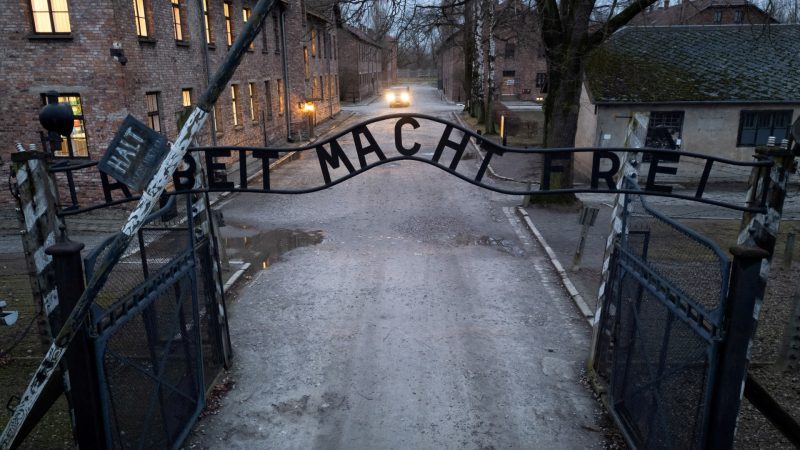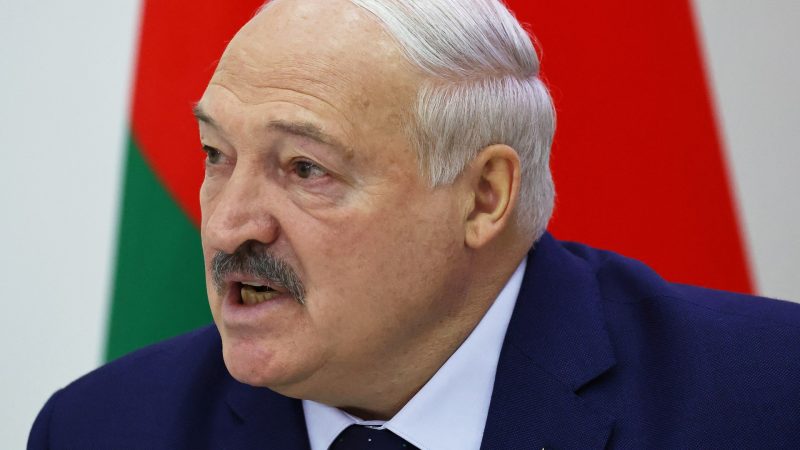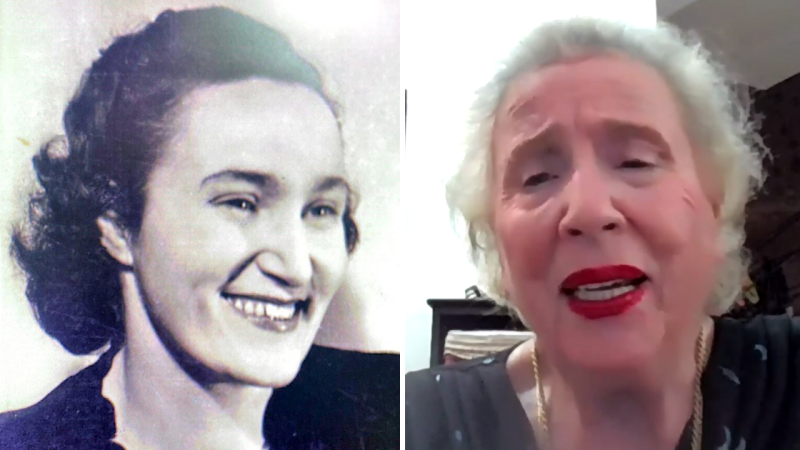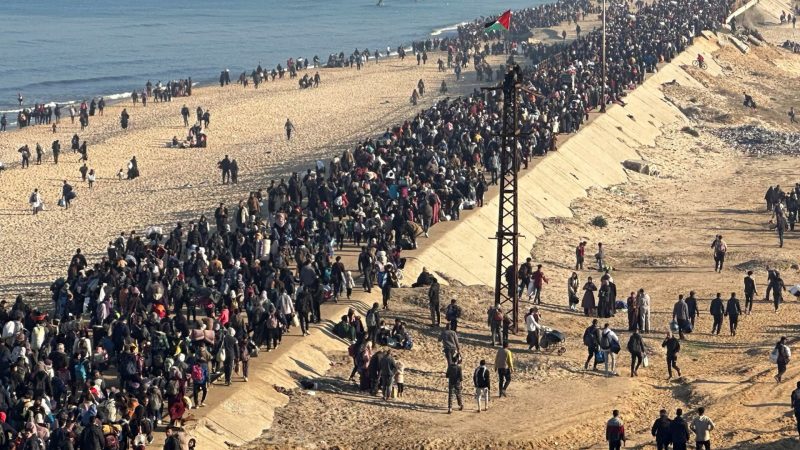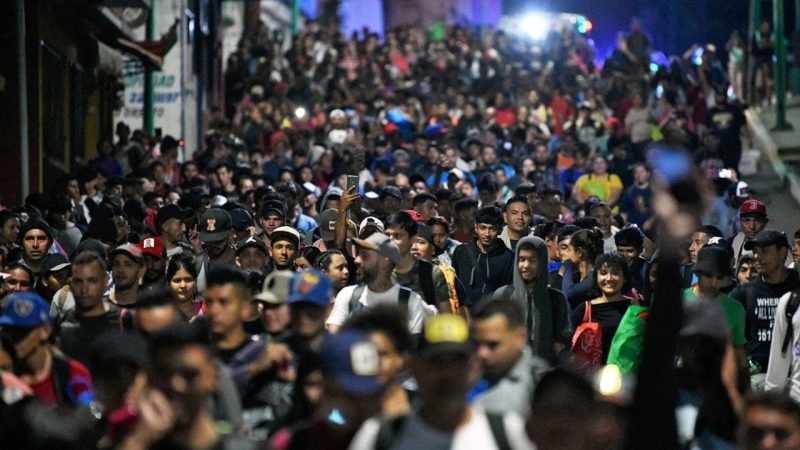Venezuelan opposition candidate claims son-in-law has been kidnapped | Nicolas Maduro News
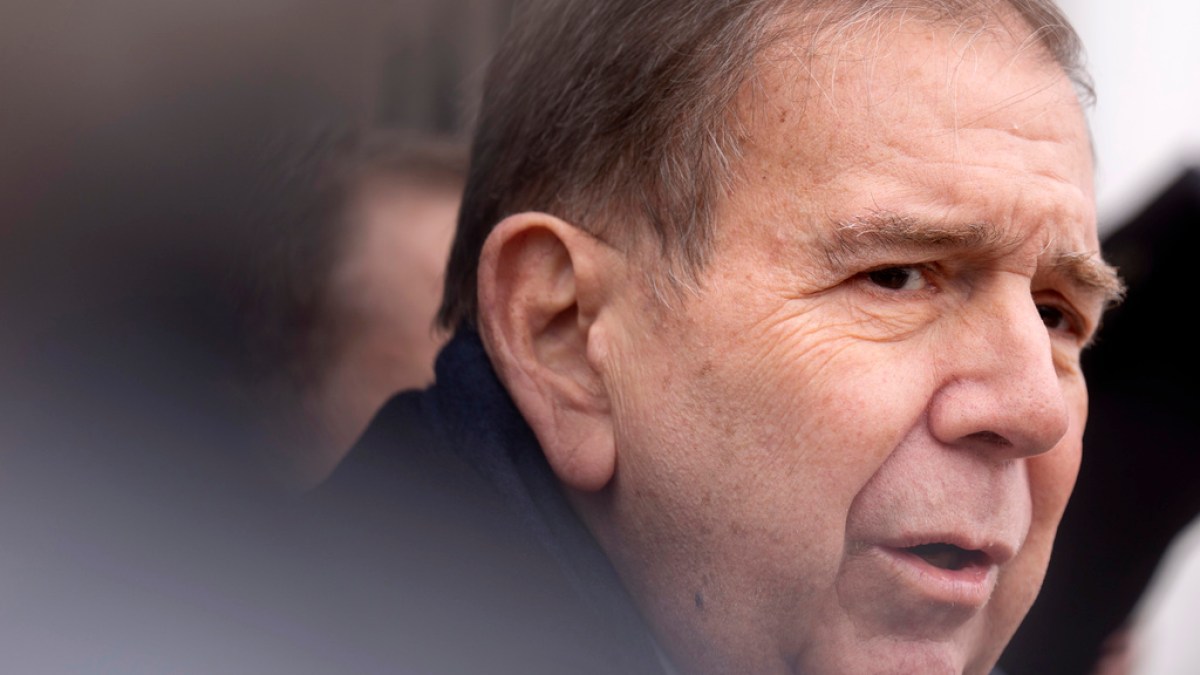
[ad_1]
Edmundo Gonzalez, who competed against incumbent Nicolas Maduro in July’s presidential elections, says masked men abducted his son-in-law in Caracas.
Edmundo Gonzalez, the leader of Venezuela’s political opposition, has accused masked men of kidnapping his son-in-law, who remains missing.
Gonzalez, who ran in the country’s contested presidential election in July, announced the news on social media on Tuesday.
“This morning my son-in-law Rafael Tudares was kidnapped,” Gonzalez wrote.
“Rafael was heading to my grandchildren’s school, ages 7 and 6, in Caracas, to drop them off for the start of classes, and he was intercepted by hooded men dressed in black, who put him in a gold-coloured pickup truck with the license plate AA54E2C and took him away. At this time he is missing.”
Gonzalez himself currently faces an arrest warrant in Venezuela, where he has asserted that he is the rightful winner of the July 28 presidential contest.
That has put him at odds with incumbent President Nicolas Maduro, who likewise claimed victory. Maduro is set to be sworn in for a third term on Friday.
The opposition and other critics of Maduro’s government have protested against the election and the official results, which they maintain lacked transparency and fairness.
Pre-election polling appeared to show Maduro trailing Gonzalez by a steep margin. But shortly after polls closed, the country’s electoral authority declared Maduro the winner, without releasing the usual breakdown of the voting tally.
Venezuela’s opposition argued that precinct-level tallies show Gonzalez beating Maduro by a two-to-one margin, and they have published what appear to be official tally sheets online.
That raised doubts about the legitimacy of his victory, and protesters flooded the streets in cities like Caracas in the aftermath of the vote.
The government has, in turn, been accused of leading a violent crackdown against protesters and political opponents following the election.
Some 2,000 people were initially arrested, and 23 killed, though Maduro’s government recently said it released 1,515 of the detainees. His administration has long faced accusations of political repression and human rights abuses, including torture and arbitrary detention.
In September, prosecutors in Venezuela’s government accused Gonzalez of conspiracy, usurpation of powers and falsifying documents, and a court issued a warrant for his arrest.
The opposition leader fled the country and went into exile in Spain. But he has pledged to return to Venezuela.
The Venezuelan government, meanwhile, has repeatedly said that Gonzalez will be arrested if he comes back.
Maduro and his allies maintain that Gonzalez and other opposition members worked with hostile foreign powers to destabilise the country.
In early January, Gonzalez left Spain to rally support in a tour across the Americas and put pressure on Maduro’s government.
He has already visited Argentina and Uruguay, and on Monday, he met US President Joe Biden, whose government recognised Gonzalez as the legitimate president-elect in November.
While regional leaders have expressed scepticism about Maduro’s claims of victory and condemned the crackdown on protesters, it remains unclear what leverage can be exerted on Gonzalez’s behalf.
[ad_2]
Source link

